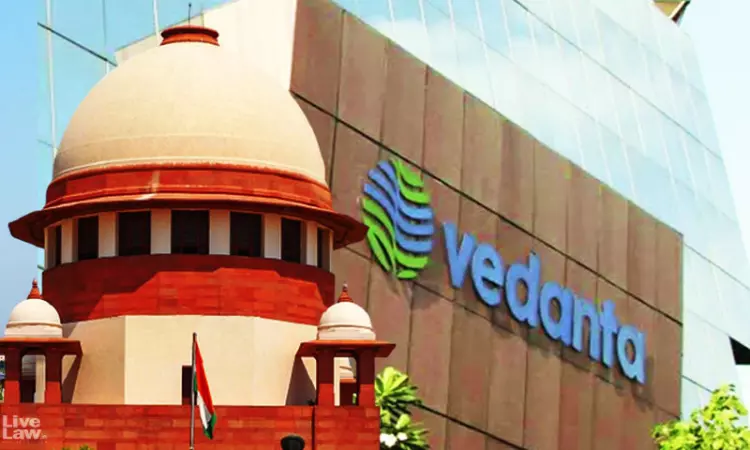Supreme Court Asks Vedanta How Could It Operate Tuticorin Copper Plant Despite Expiry Of Its Hazardous Waste Authorisation
Awstika Das
23 Feb 2024 11:01 AM IST

Next Story
23 Feb 2024 11:01 AM IST
This week, the Supreme Court continued hearing Indian multinational mining company Vedanta's plea for reopening of its Sterlite copper plant in Tamil Nadu's Thoothukudi.On Wednesday and Thursday, a bench of Chief Justice DY Chandrachud and Justices JB Pardiwala and Manoj Misra heard a special leave petition filed by Vedanta Limited against an August 2020 Madras High Court ruling dismissing...
